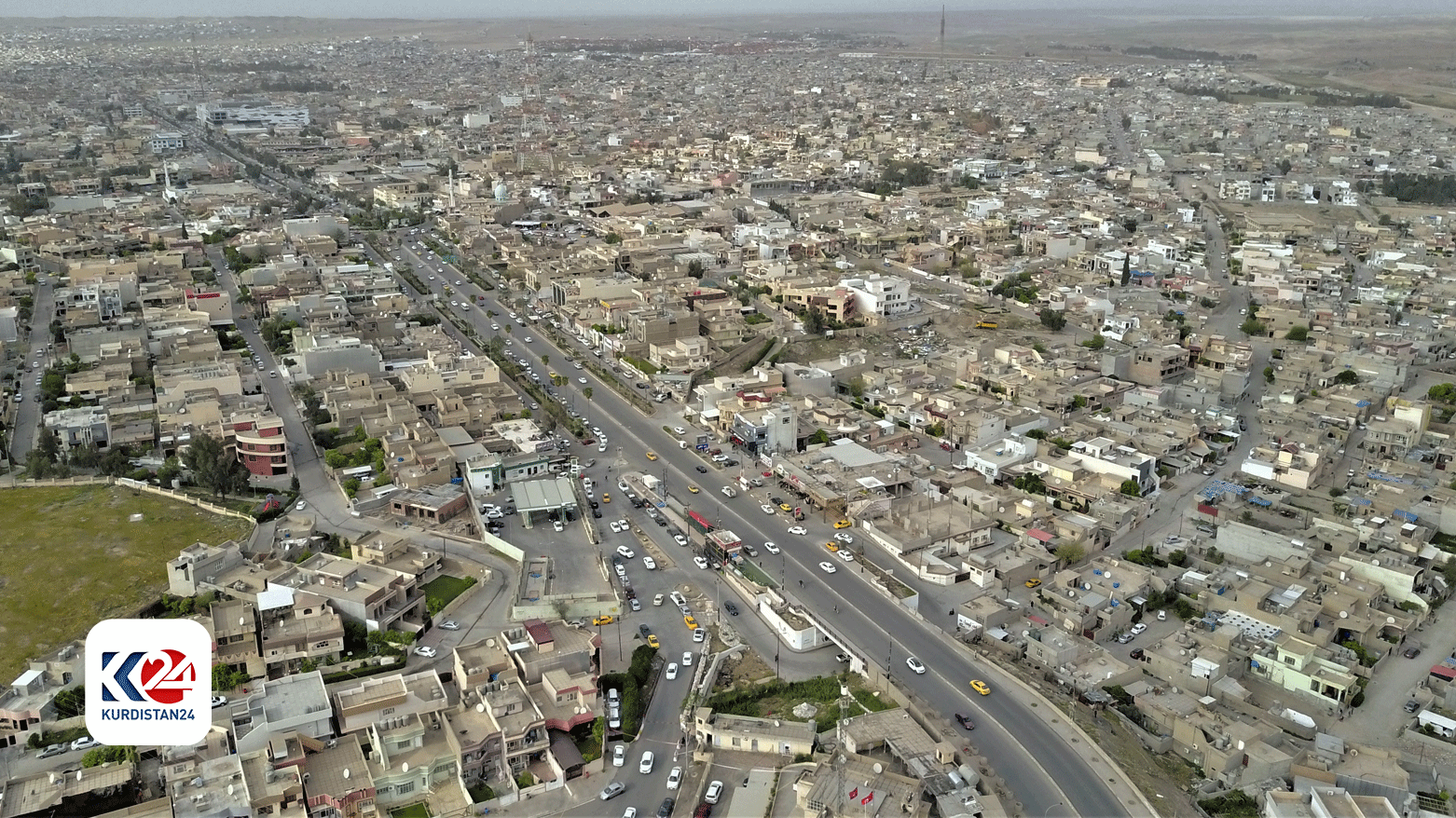Iraqi Federal Supreme Court rejects complaints asking for delay of Kirkuk provincial elections
The complaints were filed by provincial council election candidates from the Qiada Coalition and the Iraqi Turkmen Front.

ERBIL (Kurdistan 24) – On Tuesday, the Iraqi Federal Supreme Court rejected two complaints requesting the postponement of the Kirkuk provincial council elections.
The complaints were filed by provincial council election candidates from the Qiada Coalition and the Iraqi Turkmen Front.
In their petition, the two plaintiffs asked the Federal Court to re-evaluate voter registration and remove the names of 257,000 Kurdish voters in Kirkuk, referring to citizens who returned to the region after being displaced by the former Ba'athist regime.
In the elections, which have not been held in Kirkuk for 18 years, the Kurdistan Democratic Party (KDP) has 30 candidates, while the Patriotic Union of Kurdistan (PUK) has formed an alliance with the Kurdistan Communist Party, also totaling 30 candidates.
In the 2005 elections, Kurdish political parties participated in the provincial council elections with the Kirkuk Brotherhood list. This list won 26 out of 41 seats as the first list in Kirkuk.
In 2003, after the fall of the Ba'ath regime, 257,000 Kurds who were displaced by the regime of Saddam Hussein returned to Kirkuk and were eligible to vote. Now, the Arabs and Turkmen are demanding that they all be excluded from voting.
The oil-rich province was under Kurdish Peshmerga forces' protection after ISIS emerged in 2014 and the subsequent collapse of the Iraqi army.
However, Kurdish attempts at secession from Iraq in 2017 led to a military invasion by the Iraqi Armed Forces, at the time causing a power vacuum that allowed ISIS to resurge in disputed territories.
The Iran-backed Popular Mobilization Forces led a ground assault on Kirkuk in Oct. 2017, a campaign pioneered by the renowned Iranian general, Qasem Soleimani.
The Kurds felt betrayed by the United States, who in the present setting has criticized Iran for arming and training proxy militias in the region in response to the Hamas-Israel conflict.